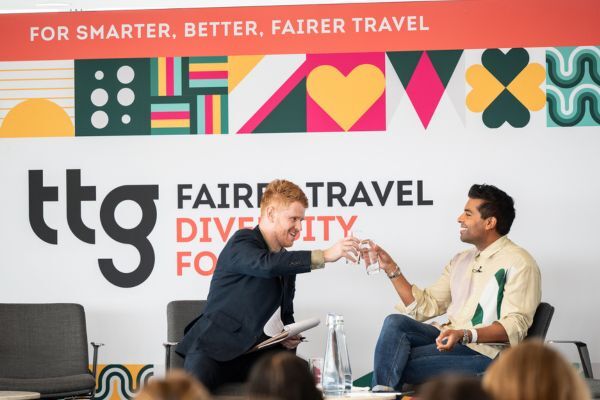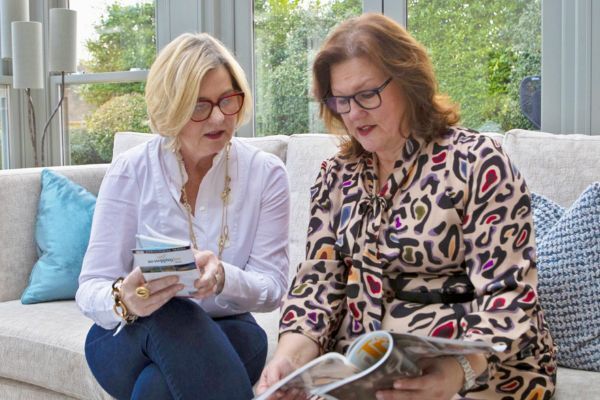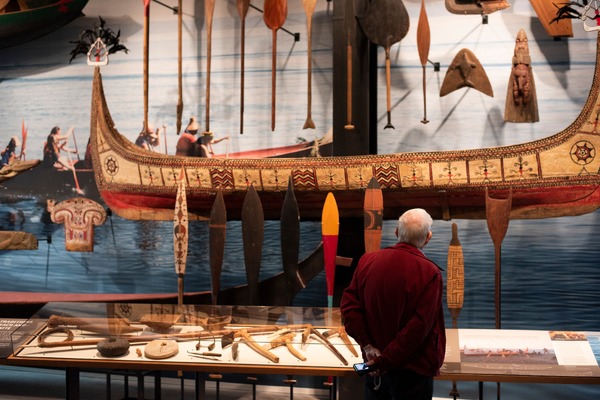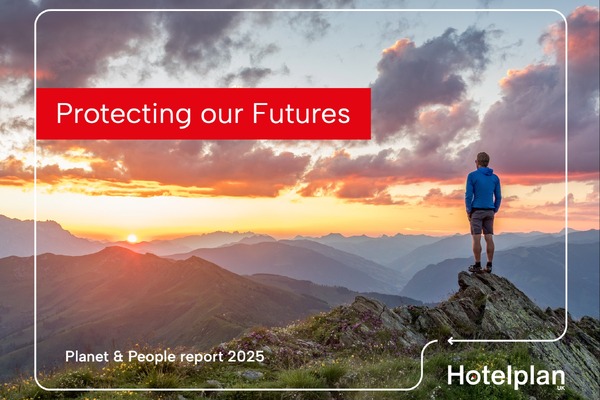11 points to know when running a travel firm that wants to be fairer
TTG invited key figures from inside and outside the sector to speak at its Fairer Travel Diversity Forum last week and highlight areas of progress, but also crucially to shine a light on the areas where efforts could be ramped up. Harry Kemble headed to News UK’s London office to find out the answers.
While the travel industry has made great strides recently to address the needs of the different communities working within it, there is undoubtedly more that can be done.
How much of the internet is accessible to blind people? Where do western countries sit against other areas of the globe when it comes to catering for people with neurodivergent needs? Can eGates currently be used by everyone? And how long will it be before we see gender equity at FTSE100 firms?
All these questions and more were raised during the forum’s panel discussions.
1) ‘We cannot sit on the fence any more’
Suki Sandhu OBE, talent, diversity and inclusion expert and chief executive of Audeliss and INvolve, kicked off the morning sessions with a rallying cry for businesses to improve their diversity, equity and inclusion (DEI) policies.
“You cannot sit on the fence any more because the next generation are expecting you to have an option,” Sandhu said. “There is a lot to do. If you get ahead it will give you more power.
“[Staff] will work harder for you, which will help your bottom line. If you’re not introducing these policies then the talent will go somewhere else.”
Sandhu said there was appetite among company bosses to introduce DEI policies in the workplace.
However, Sandhu did note “on both sides of the pond” there had recently been “a slowdown on spending” to develop DEI policies despite it being “a big focus” for Gen Z.
“There are five generations in the workplace,” added Sandhu. “You also need to focus on the older generations and see what they need. DEI is everybody’s responsibility – not just the HR department’s.”
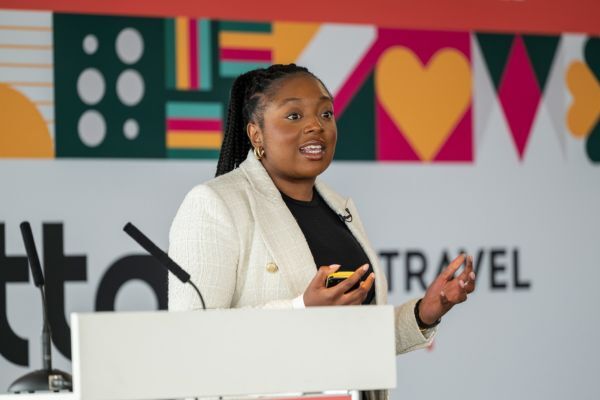
A TTG survey this year found 11% of travel firms consider DEI to be their top priority – down from 20% in 2023.
Communicate Inclusively chief executive Atlyn Forde said it was important for firms to make DEI engaging so that everyone could “go on the journey” within the workplace. “It’s about having community changemakers there,” she added.
2) ‘The West is several steps ahead’
Neurodiversity consultant and author Onyinye Udokporo said the UK and the western world are ahead of other countries in terms of their service provision for the neurodivergent community.
She said: “I won scholarships to universities in China. While I was there, I got lost and I cried a lot. I got fantastic grades, but it was a real eye-opener. We are several steps ahead of other parts of the world.”
But she issued a warning to the travel sector globally, saying: “The travel industry is extremely fast-paced. The way things work in the UK might be different to how things are in the US, China or Asia.”
Meanwhile, Lord David Blunkett, who was home secretary in Tony Blair’s government from 2001 to 2004, called for airlines, airports and Border Force to unite to improve the passenger experience.
He said training staff to handle passengers with accessibility or neurodivergent needs is "fundamental".
3) Firms must give clear communication
Udokporo urged travel firms to provide “clear and structured communication” and to remember that not everyone is able to communicate in “a written way”.
She argued companies ultimately lose money if they don’t create the right environment for neurodiverse people to work in. “Give them standing desks, give them flexible working hours and have a neurodiversity network,” Udokporo added.
Visit England’s accessibility and inclusion lead Ross Calladine highlighted how 63% of serviced accommodation in the UK didn’t properly communicate they had the right facilities to support people and their differing needs.
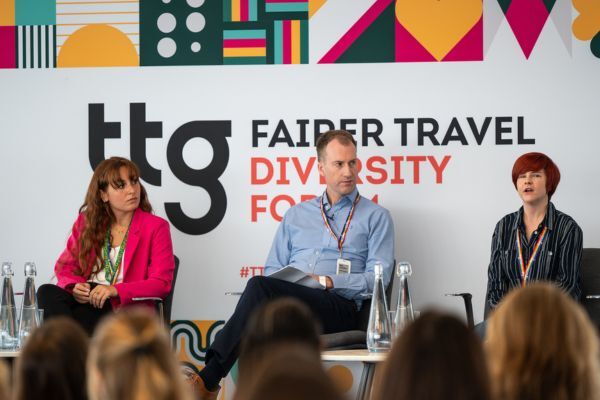
This is about empowering people to be able to make decisions themselves,” he said.
4) Lack of disabled representation in feedback groups
Blind content creator Sassy Wyatt pushed travel firms to invite disabled people to give feedback about their experiences using their products to help improve them.
Wyatt, who became blind as an adult, said her “number one” issue was lack of representation from the disability community in feedback groups.
She noted how 97% of the internet is not accessible to blind people which means she often relies on sighted people to book her travel.
5) ‘Tiny changes can mean big changes’
Wyatt explained giving feedback to a company did not mean that a specific community felt that company was “terrible”.
“I appreciate it might feel a little overwhelming,” said Wyatt. “Often firms will say ‘thanks for your feedback’, but then will say they will not pass it on because they’ve already got people on the case. The real change happens a lot higher up in the company.”
But ADHD consultant and content creator Eva Bacchoo argued “big firms” were responsive to different communities. “They understand tiny changes for them are big changes for us, she said. “You are never going to get it right unless you ask the question.”
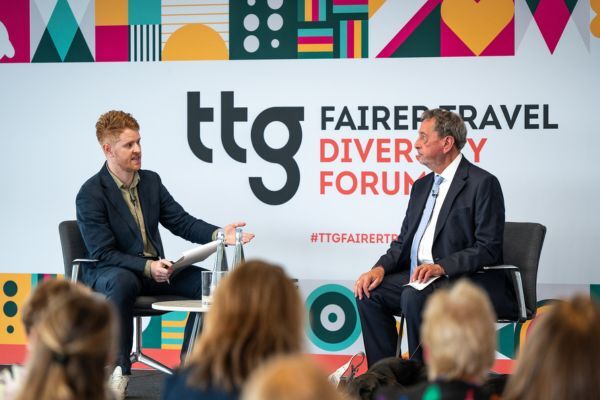
She recalled how an unnamed US hotel chain she had stayed in would allow guests with sensory needs to pick the pillow case material they wanted.
6) ‘Thousands of Brits cannot use eGates’
Blunkett said currently he and “tens of thousands” of other completely blind Brits cannot currently use eGates at UK airports and ports.
More than 270 eGates operate at 15 air and rail ports in the UK to speed up entry into the country, according to the UK government website.
However, Blunkett, who has been blind since birth, told delegates that because his eye lids flicker, the facial recognition technology built into the UK’s eGates is unable to check his identity against his passport photo.
“I cannot use the eGates even when I’m looking precisely into the camera. I cannot do it. We’ve got to join everything together.”
7) ‘93 years to achieve gender equity in the FTSE100’
Sandhu revealed that if things carry on at the pace they are today it will take 93 years to achieve gender equity in chief roles within the FTSE100.
“That means, we will not see gender equality in our lifetime,” Sandhu said.
Jo Rzymowska, diversity consultant and non-executive director at Hays Travel, highlighted that while women make up 60% of the travel industry workforce, just 8% are in board positions.
Diversity Marketplace chief executive Gamiel Yafai spoke on a panel with Forde, Rzymowska and Mundy Cruising managing director Edwina Lonsdale, who set up the Compass Project to help children from socially diverse backgrounds engage with the cruise industry.
Yafai said: “We’re finding small organisations and consortiums coming our way. Diversity is not dead – we’ve never been busier. We’ve got so much work to do. We can make it easier for ourselves and do the work faster if we work together.”
8) ‘Change has come about more since Covid’
During a panel discussion assessing whether travel’s workplaces are fit for the future, Miranda Simms, Tui UK wellbeing and inclusion lead, said more changes in the workplaces had been introduced post-Covid.
“We’ve realised we do not have to be in a set place to do certain jobs,” Simms explained.
She added Tui’s remote working policy states employees must have their cameras on during online calls and they try to attend monthly meetings.
Anna Perrott, Panache Cruises director of partnerships, revealed the luxury cruise agency had recently recruited a people and culture lead even though the company is “quite small” and only employs 65 staff.
“We wanted to invest this early,” said Perrott. “We are seeing a different calibre of employees coming into the business. We find recruitment is quite easy. We get a lot of emails from people saying that they love what we’re doing and asking how they can be a part of that.”
Nicola Boston, culture and experience lead at Holiday Extras, highlighted how the ancillaries firm advertised every role as part time. “I would like to see more part-time working across the board,” she said.
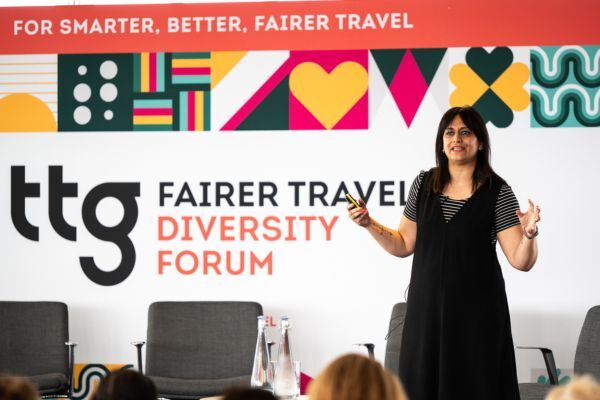
9) ‘Don’t be all talk and no action’
DEI brand partner The Unmistakables help companies which aspire to be more inclusive but don’t know where to start.
Shilpa Saul, The Unmistakables director and DEI communications specialist, and Asad Dhunna, founder and chief executive, shared tips for telling authentic stories and providing meaningful representation that your customers and staff can be proud of.
On the issue of tokenism in advertising, Saul said: “Do make sure the brand has a really credible reason for sharing to this community and make sure you’ve got a really robust rationale regarding the focus on this particular person or community.
“Crucially, back up the activity with a commitment to the community to avoid [the ad] being seen as performative. Don’t be all talk and no action – nobody likes that and don’t use people from marginalised groups just as a gesture.”
10) The use of masculine language
Forde said “a lot of organisations” subconsciously use “quite masculine language” on their website which puts people from other communities off.
“Look at your website,” Forde said. “When people apply for a job, they always look at the website. Maybe the company is doing great things but they’ve not showcased them on their website.
“People will go to the website to find out what the company’s culture is like.”
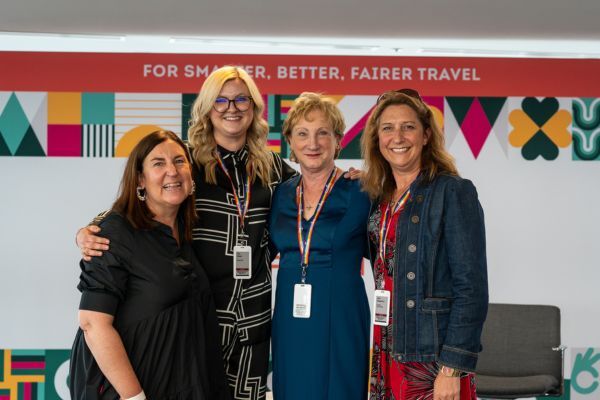
11) Working with cancer: everyone's responsibility to understand
Speaking during the Working with cancer: tackling taboos discussion, Fay Field, easyJet employment relations and change specialist, found a “golf ball-sized lump” on her breast in 2018.
She told delegates that while the company is still “evolving”, she is “proud” to say there is a staff absence policy in place.
Working with Cancer founder Barbara Wilson stressed the importance of introducing these workplace policies to support staff who have to take time off through illness. “People have their own needs,” she said.
Jae Hopkins, Explore Worldwide marketing director, emailed colleagues and friends with a list of dos and don’ts after she was diagnosed with cancer. “People said that it was really helpful,” she added.
Wilson confirmed that many people who know someone living with cancer were unsure about what to say. But she added: “Employers have a responsibility to understand what is happening so that they can provide appropriate support.”
Field urged companies without any policies in place to ask staff whose circumstances had changed what they needed urgently and then “build a plan from there”.
Sign up for weekday travel news and analysis straight to your inbox

Harry Kemble
Supplier Directory
Find contacts for 260+ travel suppliers. Type name, company or destination.
